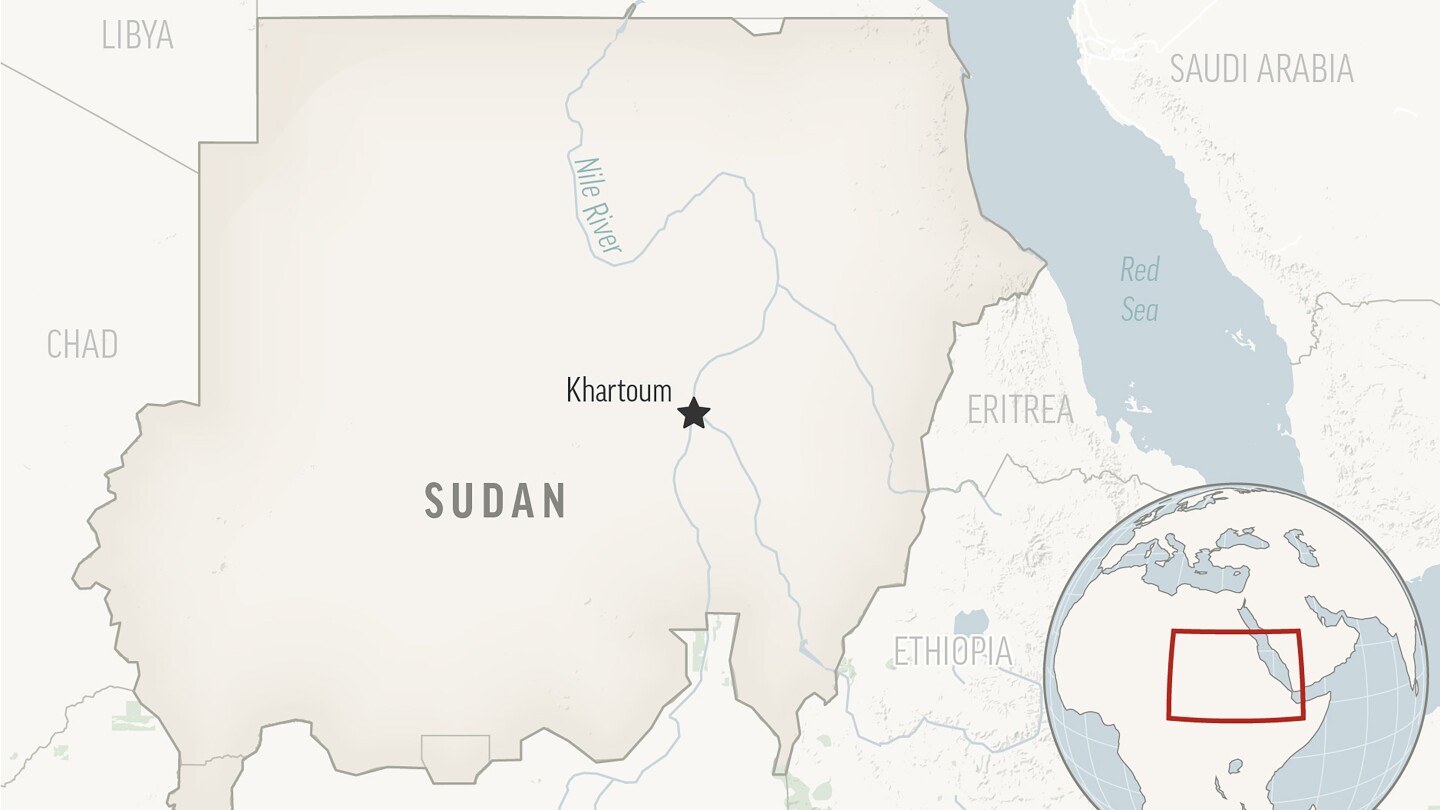Sudden Cholera Outbreak Claims 58 Lives in Sudan: Understanding the Crisis
In a devastating turn of events, a sudden cholera outbreak in Sudan has claimed the lives of 58 individuals and left around 1,300 others suffering from illness within a mere three days. This rapid escalation of health issues has raised alarms among health officials and the international community, prompting urgent responses as the nation grapples with this public health crisis.
What is Cholera and How Does it Spread?
Cholera is an acute diarrheal illness caused by the bacterium Vibrio cholerae. It is primarily transmitted through contaminated water and food, making it a disease closely associated with inadequate sanitation and poor hygiene practices. The symptoms of cholera can manifest suddenly, often within hours of exposure, and include:
- Severe diarrhea
- Vomiting
- Dehydration
- Muscle cramps
If left untreated, cholera can lead to death within hours due to dehydration. This is particularly alarming in areas with limited access to clean water and healthcare facilities, conditions that are prevalent in many parts of Sudan.
The Current Situation in Sudan
The current cholera outbreak in Sudan’s city has brought to light the fragility of the healthcare system and the pressing need for effective public health interventions. Reports indicate that the outbreak began in a community already struggling with infrastructural challenges, including:
- Limited access to clean drinking water
- Inadequate sanitation facilities
- Overburdened healthcare resources
Health officials are racing against time to contain the outbreak. Efforts are being made to provide immediate medical care to those affected, while simultaneously implementing measures to prevent further spread. This includes:
- Establishing cholera treatment centers
- Distributing oral rehydration solutions
- Conducting community awareness campaigns on hygiene practices
Public Health Response and Challenges
The response to the cholera outbreak involves multiple stakeholders, including government agencies, international organizations, and local health workers. However, several challenges complicate the situation:
- Resource Limitations: Many health facilities in Sudan face shortages of essential supplies, including medications and saline solutions, which are critical for treating cholera patients.
- Logistical Issues: The ongoing conflict and instability in the region hamper the distribution of aid and resources to affected areas.
- Public Awareness: There is a need for increased awareness among the population regarding cholera prevention methods, which include proper handwashing and safe food practices.
Despite these obstacles, health officials remain committed to combating the outbreak. The emphasis is on collaboration and coordination among various organizations to ensure that resources are effectively utilized and that communities receive the necessary support.
International Support and Aid
In response to this urgent health crisis, international organizations such as the World Health Organization (WHO) and Médecins Sans Frontières (Doctors Without Borders) are mobilizing resources to aid Sudan. Their efforts include:
- Providing medical supplies and personnel to assist in treatment efforts.
- Conducting surveillance to monitor the outbreak’s spread.
- Facilitating vaccination campaigns in high-risk areas.
The global health community is closely monitoring the situation in Sudan, as cholera outbreaks can quickly escalate, especially in regions with vulnerable populations. The importance of a coordinated international response cannot be overstated, as it can significantly reduce the burden of the disease.
Preventative Measures and Community Involvement
Preventing cholera outbreaks requires a multifaceted approach, particularly in vulnerable regions. The following measures are critical in reducing the risk of future outbreaks:
- Improving Water and Sanitation: Investment in clean water supply systems and sanitation facilities is essential. Communities should have access to safe drinking water and proper waste disposal methods.
- Health Education: Empowering communities with knowledge about cholera transmission and prevention can help mitigate the risks. Educational campaigns should focus on hygiene practices, such as handwashing with soap and safe food handling.
- Surveillance and Rapid Response: Establishing a robust disease surveillance system can aid in the early detection of cholera cases, allowing for swift intervention before the disease spreads.
Community involvement is crucial in these efforts. Local leaders, health workers, and volunteers can play a significant role in disseminating information and providing support during health crises. Engaging communities fosters resilience and empowers them to take an active role in safeguarding their health.
The Road Ahead
The sudden cholera outbreak in Sudan serves as a stark reminder of the ongoing challenges faced by many nations in terms of public health and safety. As health officials and international organizations work tirelessly to address the current crisis, it is imperative to focus on long-term solutions that will prevent future outbreaks.
With a commitment to improving water and sanitation infrastructure, enhancing health education, and fostering community resilience, Sudan can work towards a healthier future. The international community’s support will be vital in this endeavor, as concerted efforts can lead to significant improvements in public health outcomes.
In conclusion, while the cholera outbreak has claimed lives and brought suffering, it also presents an opportunity for renewal and growth. By addressing the root causes of such outbreaks and investing in sustainable health practices, we can hope to avert similar crises in the future.
See more WebMD Network



